M LIVE, CLOSE AND OPEN AGAIN
Previously, universities were allowed to train at college and intermediate levels. Until the end of 2011, the Ministry of Education and Training issued Circular 57 requiring universities not to train at the intermediate level, except for schools in the field of culture and arts. According to the roadmap, by 2017, this will stop completely.
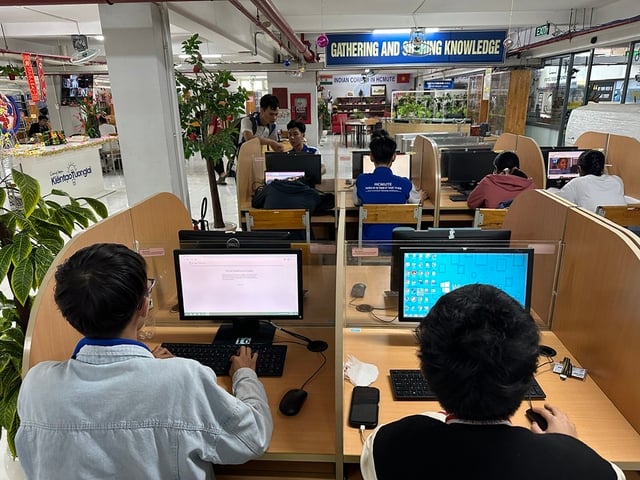
Ho Chi Minh City University of Technical Education established Binh Phuoc Branch (Dong Nai province) on the basis of merging Binh Phuoc College. In 2025, this branch will enroll 12 university-level majors.
PHOTO: HA ANH
By 2015, the Ministry of Education and Training continued to issue Circular 32 requiring universities that enroll and train college students to reduce their college quota by 20% each year, so that by 2020 this level of education will no longer exist in universities.
The framework of the national education system approved by the Prime Minister in October 2016 also stipulates that university education does not include college and intermediate levels. The Law amending and supplementing a number of articles of the Law on Higher Education in 2018, passed by the National Assembly and effective from July 1, 2019, stipulates that the training function of university education institutions only includes university, master's and doctoral levels, not college and intermediate levels.
On that basis, universities that train at colleges and vocational schools have completely stopped enrolling at these levels (except in some special cases when merging pedagogical colleges into universities).
However, the policy of allowing universities to train some college majors has begun to be opened in the draft Law on Vocational Education (amended) this year. In the revised draft in July, the draft law stipulates that university educational institutions belonging to the armed forces, university educational institutions training in specialized majors and professions in the field of art will be allowed to participate in training at college and college levels.
In the draft submitted to the National Assembly for comments at the 10th Session of the 15th National Assembly in October, the regulations on institutions participating in vocational education activities continued to be adjusted and expanded, allowing universities to train colleges in more professions. Specifically, universities are allowed to implement vocational education programs in a number of cases: training at the university level for groups of specialized majors and occupations in the fields of arts and sports is allowed to implement vocational secondary education programs and training programs at the college and junior college levels in the same group of majors and occupations; training at the university level for groups of majors and occupations for teachers or other groups of majors and occupations as prescribed by the Government is allowed to implement college training programs in the same group of majors and occupations; universities of the people's armed forces are allowed to implement training programs at the college and junior college levels in groups of majors and occupations in the fields of national defense and security.
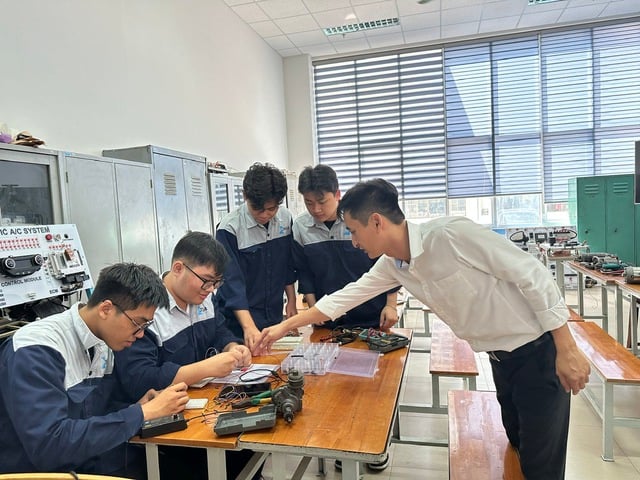
The draft Law on Vocational Education allows universities to be eligible to register for college training only in specific fields, supporting the merger of colleges into universities.
Photo: Ha Anh
CONTRASTING OPINIONS
Master Nguyen Thanh Tung, Deputy Head of the Department of Training, Scientific Management and International Cooperation of the Ho Chi Minh City University of Culture, believes that allowing universities to train at the college level in specific cultural and artistic fields is necessary and reasonable. Currently, the workforce working in the cultural and artistic field is too small compared to the requirements of socio-economic development. Meanwhile, cultural and artistic training is highly specialized, requiring vocational training methods, personalized training and long training time. Universities in the cultural and artistic field have a tradition of training, enough capacity to ensure output quality and opportunities for standardized inter-disciplinary learning for the human resources working in cultural and artistic activities.
According to Mr. Tung, if there is no specific mechanism for cultural and artistic training, the risk of a shortage of creative human resources is very high, directly affecting the development of the cultural industry, creative and artistic industries and related fields. Therefore, adding regulations allowing qualified universities to train at the college level in specific cultural and artistic fields is an urgent requirement, of long-term strategic nature.
"The model of art and culture universities training at the college level is popular and effective in many countries. Vietnam's consideration of allowing universities to deploy college training in this field is in line with international trends and practical needs," Master Tung emphasized.
Master Pham Thai Son, Director of the Admissions and Communications Center of Ho Chi Minh City University of Industry and Trade, said that it should only be limited to universities training in specialized fields such as arts and national security, and not applied to other professions. "This is to avoid overlapping systems between university education and vocational education. If universities massively open colleges, colleges will lose their "living space". Besides, it is necessary to ensure the true nature of training. Vocational education focuses on practical skills, while university education focuses on research, application and knowledge development. To maintain output standards, a university cannot simultaneously pursue academic and professional goals without a separate accreditation mechanism," Master Son analyzed.
The recent proposed reorganization plan of many localities shows that some colleges will be merged with local universities. For example, according to the draft plan for reorganization of public service units of the Ho Chi Minh City People's Committee, Saigon University will be reorganized on the basis of merging Ba Ria-Vung Tau Pedagogical College. Phu Tho province plans to merge Hoa Binh Pedagogical College into Hung Vuong University...
Proposing specific issues after merging training institutions, the chairman of the board of a university in Ho Chi Minh City said that in the near future, there may be a situation where colleges merge into universities. However, except in special cases, colleges should only merge with junior colleges to increase the overall strength in vocational training. "If colleges have to be merged into universities, only existing colleges should be trained and no new college students should be recruited in the university. University training institutions should only focus on undergraduate and postgraduate training. Even colleges should have two types of training: professional colleges that can be linked to higher education levels and vocational colleges that do not link, mainly training vocational skills," he analyzed.
Associate Professor Dr. Do Van Dung, former Principal of Ho Chi Minh City University of Technical Education, said that it should be allowed but strictly limited to some specific fields instead of expanding widely as before. The draft Law on Vocational Education allows universities to be eligible to register for college training only in specific fields, supporting the merger of colleges into universities. This brings benefits such as better quality of college training, solving the shortage of human resources in various fields, helping learners save costs and better lifelong learning through articulation. "However, this will reduce the value of the university brand," Associate Professor Dung commented.
Colleges merged with universities, most of them did not enroll new college students.
In fact, recently many colleges have merged with universities, but most of them do not enroll new college students.
Since 2019, Ho Chi Minh City University of Economics has established Vinh Long Branch on the basis of Vinh Long College of Economics and Finance. From a college licensed to train at college and vocational college levels, but when becoming a university branch, this training location has only recruited students for university-level training programs.
Similarly, Ho Chi Minh City University of Technical Education also officially enrolled students for the Binh Phuoc Branch (new Dong Nai) based on the merger of Binh Phuoc College. In 2025, the school announced the enrollment of full-time university students in 12 majors and no majors at the college level. Ho Chi Minh City University of Education also merged with 2 more colleges, including Gia Lai College of Education and Long An College of Education. In 2025, except for the College of Preschool Education, the two branches of this school will enroll students in many university-level majors.
Source: https://thanhnien.vn/truong-dai-hoc-co-nen-quay-lai-dao-tao-cao-dang-185251116214314813.htm








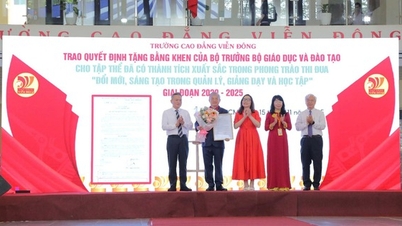







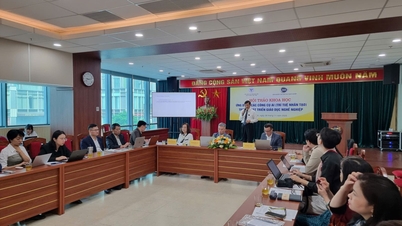
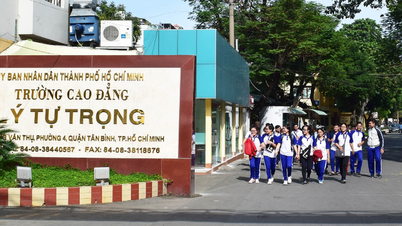
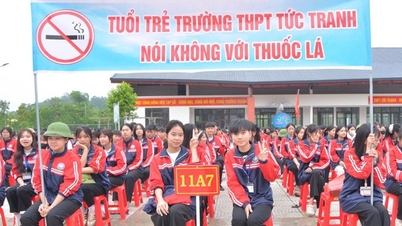





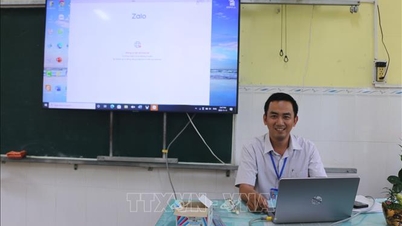

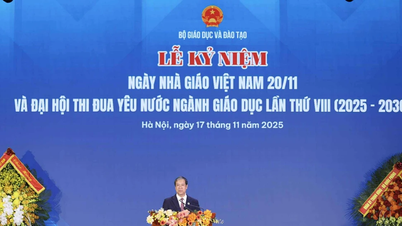








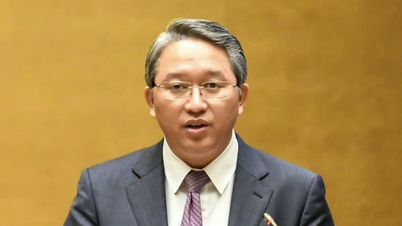
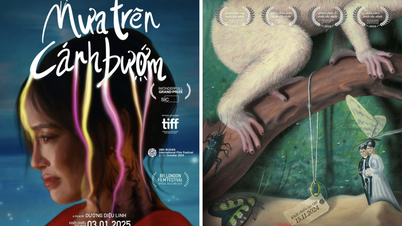







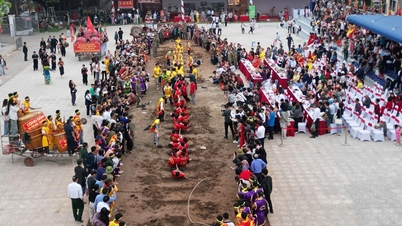

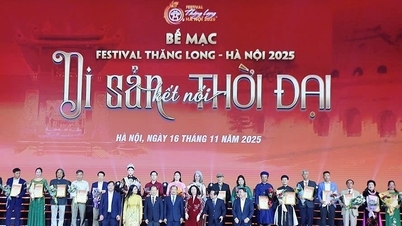



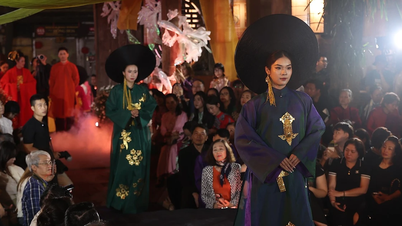
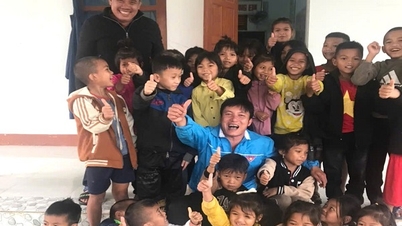

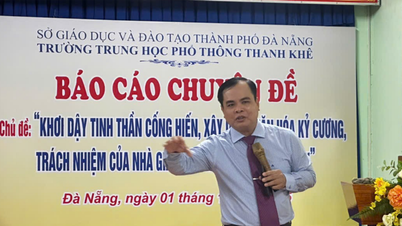





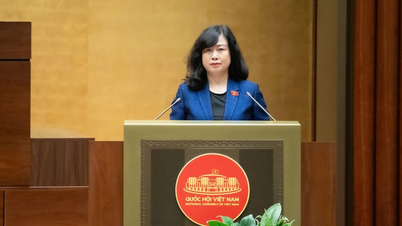
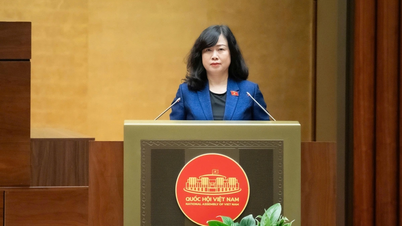

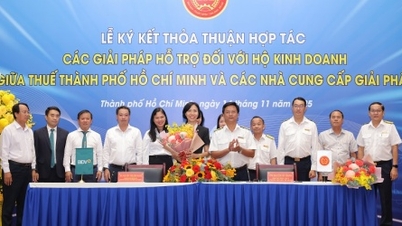

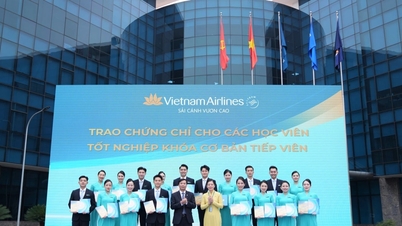











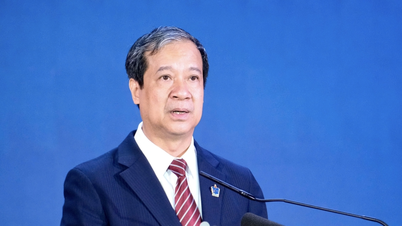

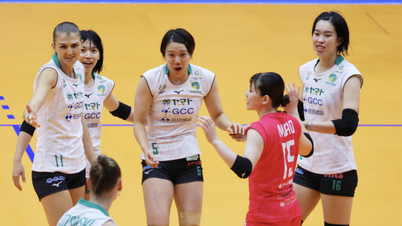



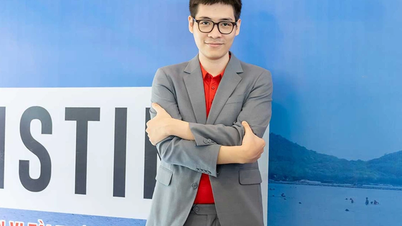




























Comment (0)